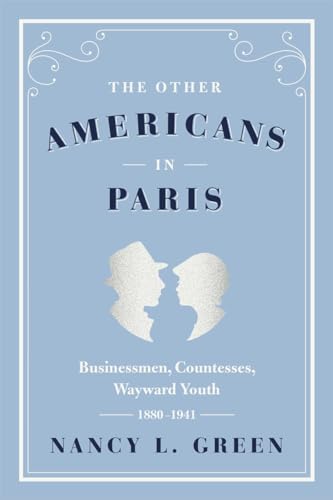
There are no witnesses, or so it at first appears. The victim is Driss Guerraoui, a Moroccan immigrant and restaurant owner. The story begins with a late-night hit-and-run on an empty street. What both books share, however, is a concern with the effects of violence on the human psyche. Where The Moor’s Account is stately in tone and sweeping in scope, focusing on conquest and survival, The Other Americans is set entirely in one small California town and its environs and is concerned with the intimacies of relationships between neighbours, former classmates and family members. It tells the story of the Castilian Pánfilo de Narváez, who sailed to the Americas in 1527 his voyage and its brutal aftermath are seen from the perspective of Estebanico, a Moroccan slave. Her previous novel, The Moor’s Account, was nominated for both a Pulitzer prize and the Man Booker. This is the starting point of Laila Lalami’s new novel. Nowadays wars do not stay in their place rather, the ricochet of bullets fired in Iraq, Syria and Afghanistan echoes through the streets of small-town America. Citizens of America may share a language, a faith and a heritage with the enemy overseas. Migration has changed the population of many of the world’s nations.

Since 9/11, American security forces have been occupied with preventing foreign operatives from bringing conflicts to US cities. In the 21st century the nature of war changed.

W ith the notable exception of the Japanese Americans interned in camps after Pearl Harbor, US civilians were remarkably well insulated from the shock of 20th-century war.


 0 kommentar(er)
0 kommentar(er)
